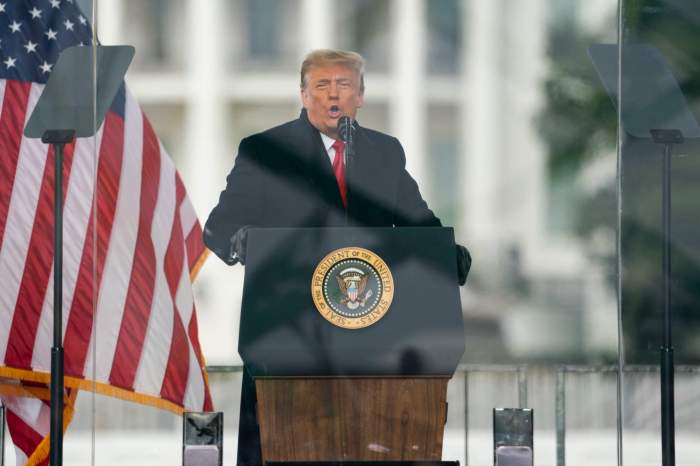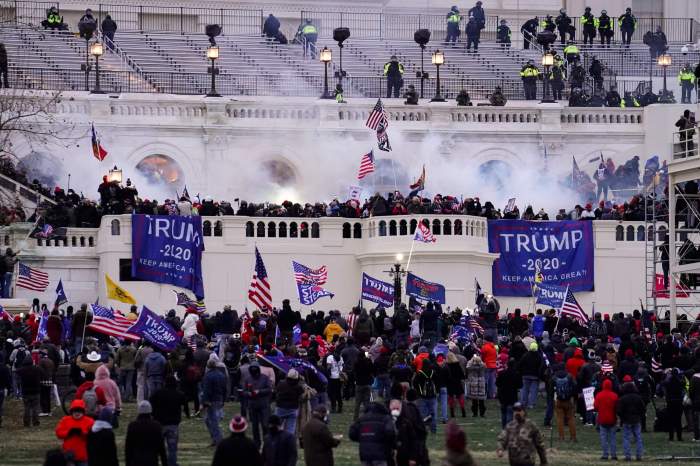A federal judge acknowledged Monday that redactions to an FBI affidavit spelling out the basis for the search of former President Donald Trump’s Mar-a-Lago estate might be so extensive as to make the document “meaningless” if released to the public. But he said he continued to believe it should not remain sealed in its entirety because of the public interest in the ongoing criminal investigation.
A written order from U.S. Magistrate Judge Bruce Reinhart largely restates what he said in court last week, when he directed the Justice Department to propose redactions about the information in the affidavit that it wants to remain secret. That submission is due Thursday at noon.
Justice Department officials have sought to keep the entire document sealed, saying disclosing any portion of it risks compromising an investigation and divulging investigative techniques. They have advised the judge that the redactions to the affidavit they would likely propose would be so numerous that the public would be left without substantive new information in the event the document was released.
Reinhart acknowledged that possibility in his Monday order, writing, “I cannot say at this point that partial redactions will be so extensive that they will result in a meaningless disclosure, but I may ultimately reach that conclusion after hearing further from the Government.”
Several news organizations, including The Associated Press, have urged the judge to unseal additional records tied to this month’s search of Mar-A-Lago, when FBI officials said they recovered 11 sets of classified documents, including top secret records, from the Florida estate.
Of particular interest is the affidavit supporting the search, which presumably contains key details about the Justice Department’s investigation examining whether Trump retained and mishandled classified and sensitive government records. Trump and some of his supporters have also called for the document to be released, hoping it will expose what they contend was government overreach.
In his written ruling, Reinhart said the Justice Department had a compelling interest in preventing the affidavit from being released in its entirety. But he said he did not believe it should remain fully sealed, and said he was not persuaded by the department’s arguments that the redaction process “imposes an undue burden on its resources.”
“Particularly given the intense public and historical interest in an unprecedented search of a former President’s residence, the Government has not yet shown that these administrative concerns are sufficient to justify sealing,” he wrote.


















